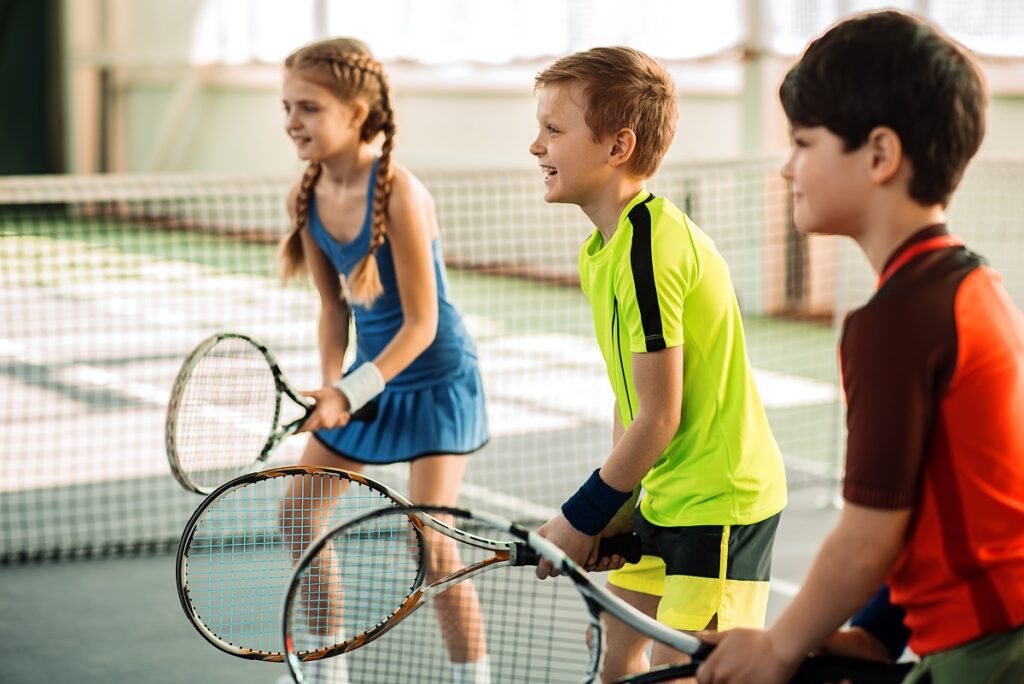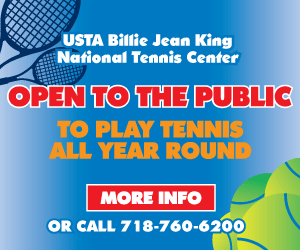Maintaining Holistic Balance As An Aspiring High-Performance Tennis Player

Tennis is such a globalized sport which means many things for a growing tennis player. It might mean traveling away from home at a young age, living abroad or meeting new people weekly at tournaments, and therefore the most essential skill is that of being able to adjust constantly.
Learning to accept being uncomfortable both on and off the court is key and this is often the challenge for most players. Whether it’s feeling homesick, learning a new language, dealing with new courts, eating different food or simply being immersed in a completely different culture players need to be ready for the unexpected.
In America, it is the dream for most juniors to play for a college team. Being part of a team will take a considerable amount of skill as you adapt to that new environment and it’s important to maintain one’s composure when things become difficult. This can be having issues with a teammate or a coach, or other personal difficulties off the court, these are things that they may experience as a part of the entire process and need to be planned for. Because of this, finding a Holistic Balance is key, and the way to achieve this can vary. Players are facing not only the thrill of competing and winning, but they will inevitably also experience losing and multiple disappointments on a regular basis.
Let’s also remember that teenagers are growing and developing their own individual personalities and are under enormous pressure to perform daily. With ever-changing environments when traveling for tournaments or while training in different locations and almost living out of a suitcase players need to maintain a healthy balance.
This is where the role of a Recreational Therapist comes in handy for the team, and helps ensure players are able to decompress through many very useful measures such as:
►Social Outlets with friends away from the team and coach
►Other interests such as sports, gym, stretching, massage, etc.
►Meeting with mentors and having the chance to discuss their lives without judgment
►Planning sightseeing trips and visits to iconic places
►Scheduled attendance to shows, concerts or plays.
Being a teenager is already a challenge in itself and adding to the complexity of achieving sports goals, academic goals, social goals and personal growth could certainly make teenagers feel overwhelmed. It is important that players and coaches seek out the use of therapists and assistants as well as a calendar of events aside from tennis to help players maintain balance.
Normally, teenagers staying at home would get close guidance from their family but in the case of traveling tennis players, this can be entirely different. Players need time to process major events such as big wins or losses and often this is something that goes missing because of schedules that are fast and furious.
As a professional Recreational Therapist, I have witnessed these ups and downs from countless players from all over the world over many years. Assessing their emotional needs helps them feel comforted and a bit more connected, hence its important to make time for this and to create the safe space athletes need to discuss important topics.
Although their backgrounds, traditions and languages are very different, and even though the love for the game is the common denominator, it is of great importance when the recreational therapist makes sure to work every single day on building the team spirit and the feeling of belonging among players.
It is of great importance to organize activities off the court for these players on a regular basis, since it is a healthy way to keep a balance between life on courts and outside of them. Leaving technology aside to favor the interaction among them is key to achieving this, and learning to speak, discuss important topics and to be present and connected to self-wellness is essential.
At Centercourt, our philosophy of ‘Teach what is Essential, Encourage what is natural and allow for each individual” applies to all areas of development both on and off the court. As parents and coaches we all need to understand that building an athlete from inside to out is critical and that all young athletes need to maintain balance on and off the arena as a priority.






